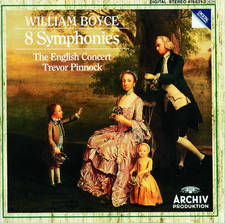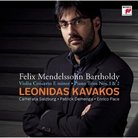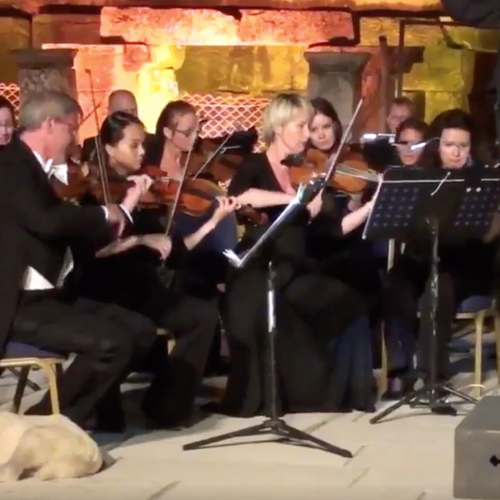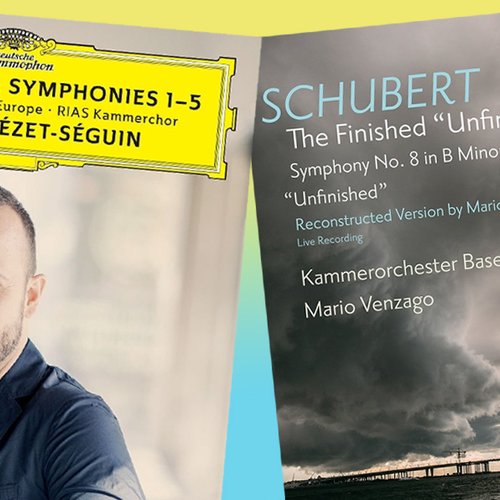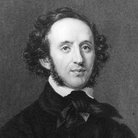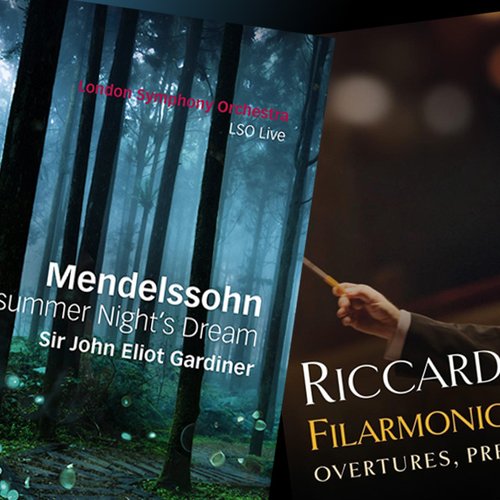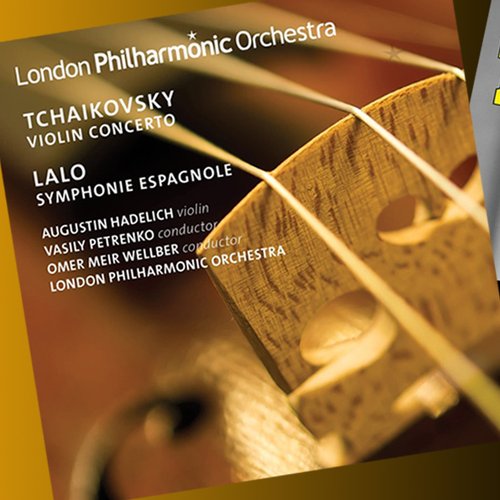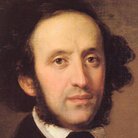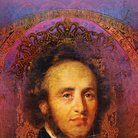Mendelssohn: 15 facts about the great composer
His Wedding March is heard as brides walk down the aisle all over the world - but what else is there to know about Felix Mendelssohn?
-
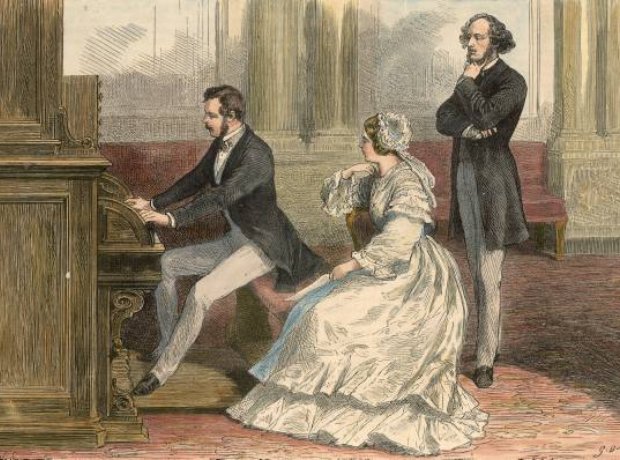
1. Queen Victoria's tribute
Queen Victoria described Mendelssohn as 'the greatest musical genius since Mozart' and 'the most amiable man. He was quite worshipped by those who knew him intimately, & we have so much appreciated & admired his wonderfully beautiful compositions. We liked & esteemed the excellent man, & looked up to & revered, the wonderful genius, & the great mind, which I fear were too much for the frail delicate body. With it all he was so modest and simple…’
-
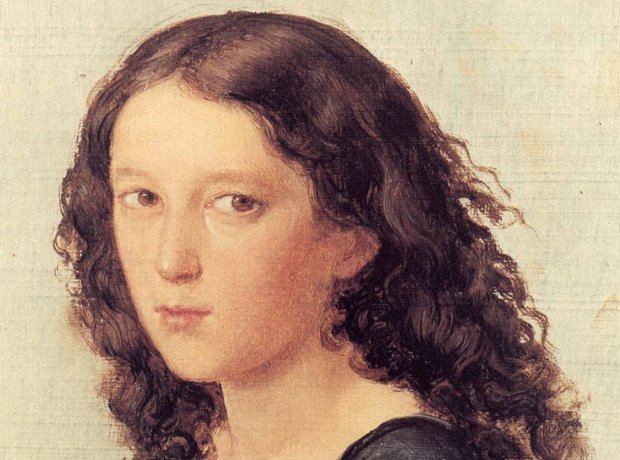
2. A true prodigy
Jakob Ludwig Felix Mendelssohn Bartholdy came from a wealthy Hamburg family who mixed with many of Germany’s leading artists and musicians. A frighteningly clever child prodigy, the young Felix excelled as a painter, poet, athlete, linguist and musician.
-
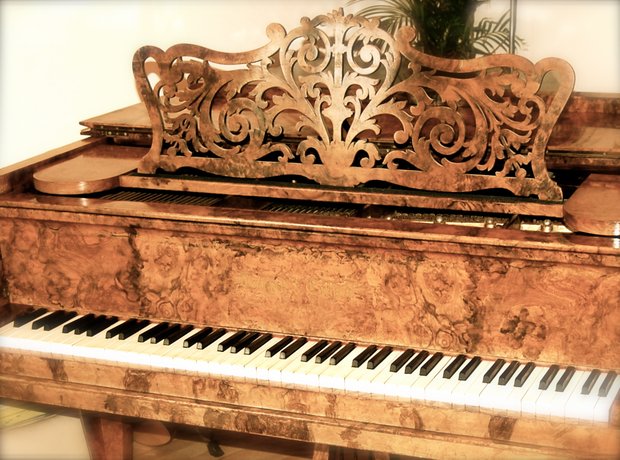
3. The young pianist
When he was six, Felix began taking piano lessons from his mother. After the family moved to Berlin, Felix and his three siblings studied piano. He made his public debut at the age of nine.
-
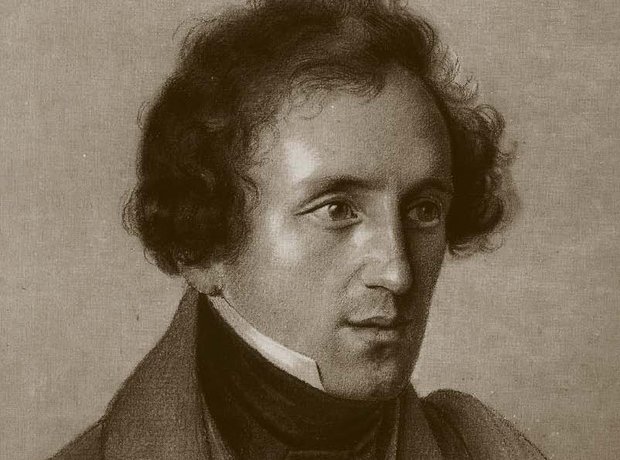
4. Early compositions
Between the ages of 12 and 14, Mendelssohn wrote 12 string symphonies influenced by Bach, Beethoven and Mozart. His first published work, a piano quartet, was written by the time he was 13. At 15 he composed his first symphony. The following year, Mendelssohn completed his String Octet in E-flat major, the first work that demonstrated his true genius.
-
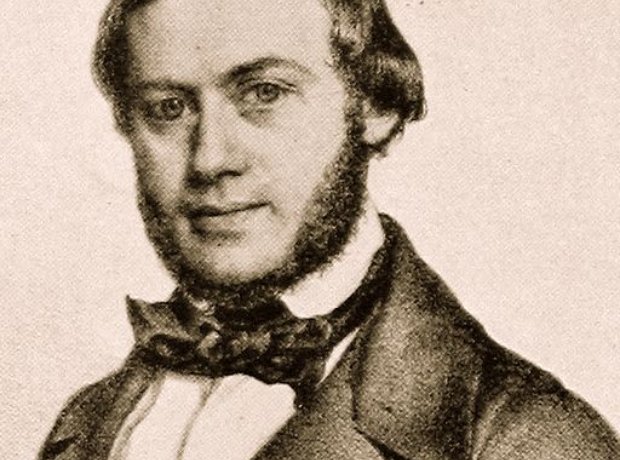
5. Ferdinand David - violinist and friend
While still a teenager, Mendelssohn became great friends with composer Ferdinand David - pictured - who was also a fine violinist and for whom Mendelssohn composed his violin concerto. It took him five years, during which time he regularly sought David’s advice. David gave the first performance in 1844. The second was given by the 14 year old Joachim, who would grow up to be Europe’s finest violinist.
-
-
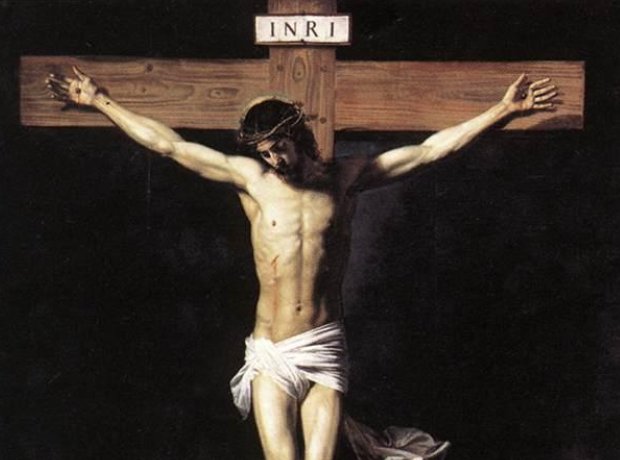
6. Reviving the St. Matthew Passion
In 1829, Mendelssohn organised and conducted an acclaimed performance of Bach's St. Matthew Passion, which had by then been quite forgotten. The success of the performance – the first since Bach's death in 1750 – played an important role in reviving Bach's music in Europe.
-
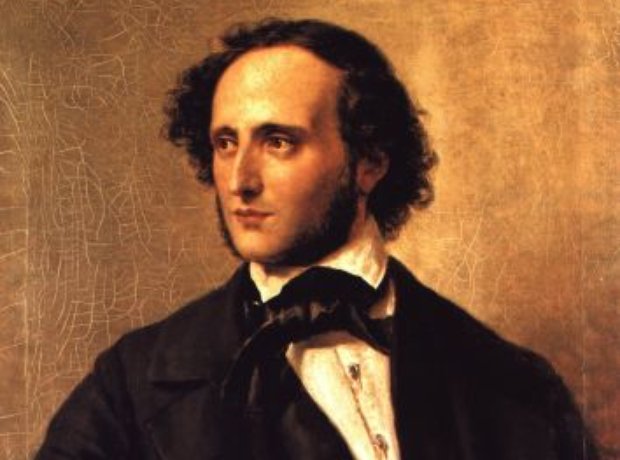
7. European travels
Mendelssohn traveled widely, and made the first of his ten visits to Britain in 1829. Afterwards he headed off to Italy. The buoyant and optimistic mood with which his Italian Symphony begins bears all the hallmarks of a happy man, eager to make his mark on the work and express his travels through music.
-

8. In love with Scotland
Mendelssohn was a great lover of Britain and the people of Britain loved him and his music back in equal measure. He travelled widely around the country, with trips to Scotland sparking two of his best-loved works: his Scottish Symphony and the Hebrides Overture.
-

9. Fingal's Cave
In 1829, Mendelssohn took a memorable trip to the Scottish Island of Staffa and its famous Fingal’s Cave. The journey made an immediate impression – he wrote the first few bars of what became the Hebrides Overture on a postcard to his sister saying ‘how extraordinarily the Hebrides affected me.’
-

10. Mendelssohn the painter
Mendelssohn was an excellent watercolour painter. He also maintained an enormous correspondence which demonstrate his wit. Sometimes he would draw sketches and cartoons in the text of his letters.
-
-
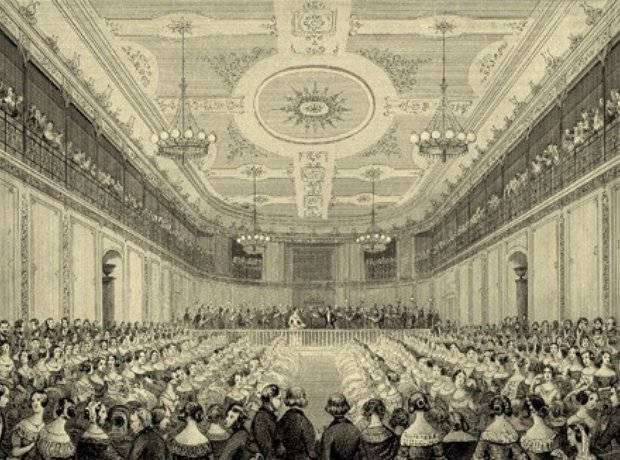
11. At the Leipzig Gewandhaus
As well as composing, Mendelssohn was a highly proficient conductor, being given the plum job of music director at the Leipzig Gewandhaus Orchestra in 1835, when he was just 26. His concert programmes included many of his own works as well as pieces by his contemporaries. He was deluged by offers of music from rising composers including Richard Wagner.
-
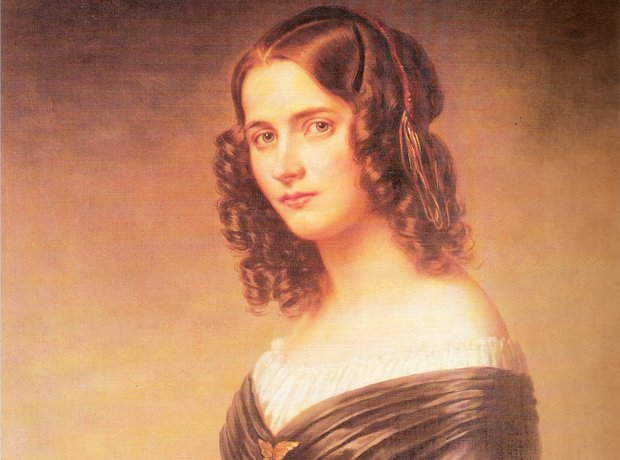
12. Mendelssohn's wife, Cécile
Mendelssohn’s stable family upbringing no doubt contributed to his own very happy marriage in 1837 which gave him five children. His wife was Cécile Charlotte Sophie Jeanrenaud, the daughter of a French clergyman. Cécile died in September 1853, less than six years after her husband.
-
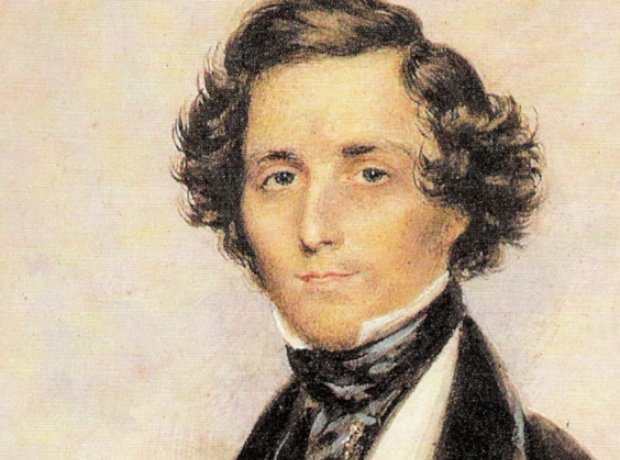
13. An amazing pianist
Mendelssohn was a brilliant keyboard player. One of his obituarists noted: ‘First and chiefest we esteem his pianoforte-playing, with its amazing elasticity of touch, rapidity, and power; next his scientific and vigorous organ playing.’
-
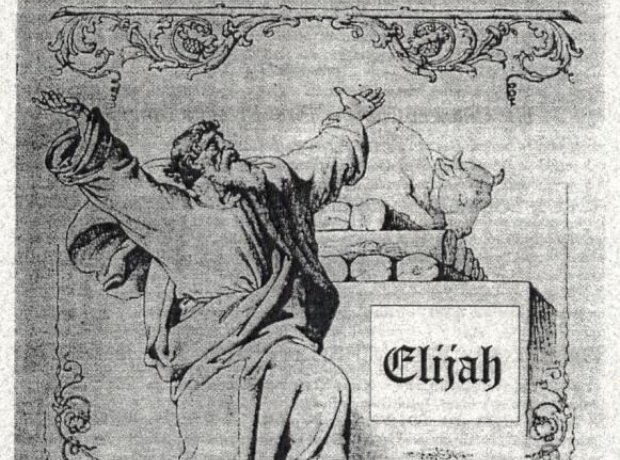
14. Elijah in Birmingham
Mendelssohn’s oratorio Elijah was given its premiere in Birmingham in 1846 to an ecstatic audience of 2,000 people. It had taken him some ten years to prepare, including penning most of the libretto himself. It was very much the ‘Messiah’ of its day: hugely popular, cementing Mendelssohn’s position as one of the greatest composers of sacred music.
-
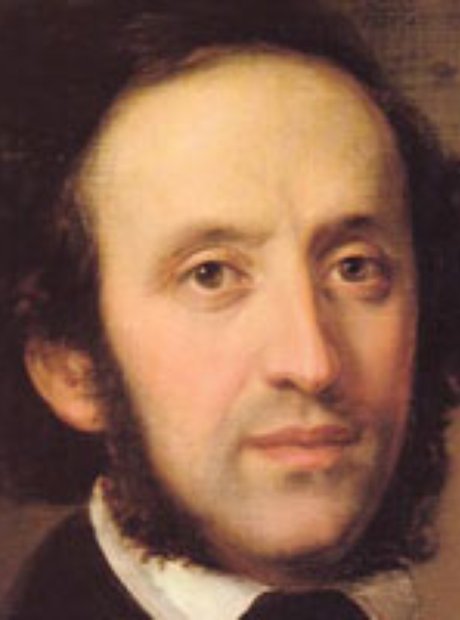
15. 'No more sorrow or partings'
Mendelssohn suffered from poor health in the final years of his life. A hectic final tour of England left him exhausted and ill. He died aged 38 after a series of strokes. Mendelssohn once described death as a place ‘where it is to be hoped there is still music, but no more sorrow or partings’.
